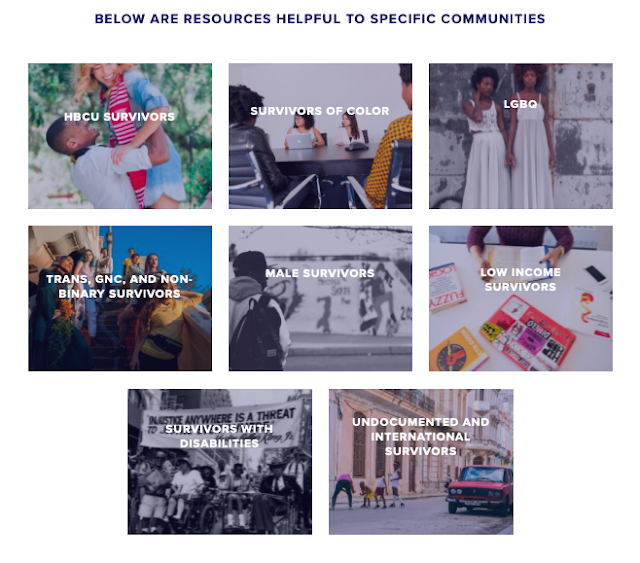Sexual Assault and College Campuses
The U.S. Dept. of Health and Human Services provides valuable information about assault, including about consent and what that means. This important for males and females alike to understand. Please read the info below:
Consent is a clear “yes” to sexual activity. Not saying “no” does not mean you have given consent. Sexual contact without consent is sexual assault or rape.
- Consent is an ongoing process, not a one-time question. If you consent to sexual activity, you can change your mind and choose to stop at any time, even after sexual activity has started.
- Past consent does not mean future consent. Giving consent in the past to sexual activity does not mean your past consent applies now or in the future.
- Saying “yes” to a sexual activity is not consent for all types of sexual activity. If you consent to sexual activity, it is only for types of sexual activities that you are comfortable with at that time with that partner. For example, giving consent for kissing does not mean you are giving consent for someone to remove your clothes.
College freshmen women are especially at risk for assault. Information about that is here:
Rainn provides important info here and also is an advocacy group if you want to get involved.
End Rape on Campus has many resources including for marginalized communities such as:
Civic Nation is an advocacy group working to end rape on campuses.
The Center for Changing Our Campus Culture is an advocacy group started by a grant from the Obama administration in 2016.
Hookup Culture
Lisa Wade is an influential sociologist who studied "hookup culture" in college. She found that some males engaged in sexual activity that they regretted because they felt pressured by masculinity to do it.
Here is a review from the NY Times.
Here is a review from the NPR Show Hidden Brain with a 24-minute audio interview of Dr. Wade.
Vimeo has a video explanation here.
And below is a brief explanation from Dr. Wade:
For more info, here is an hour-long talk from Dr. Wade at Elon University.
Here is a review from the NY Times.
Here is a review from the NPR Show Hidden Brain with a 24-minute audio interview of Dr. Wade.
Vimeo has a video explanation here.
And below is a brief explanation from Dr. Wade:
For more info, here is an hour-long talk from Dr. Wade at Elon University.




